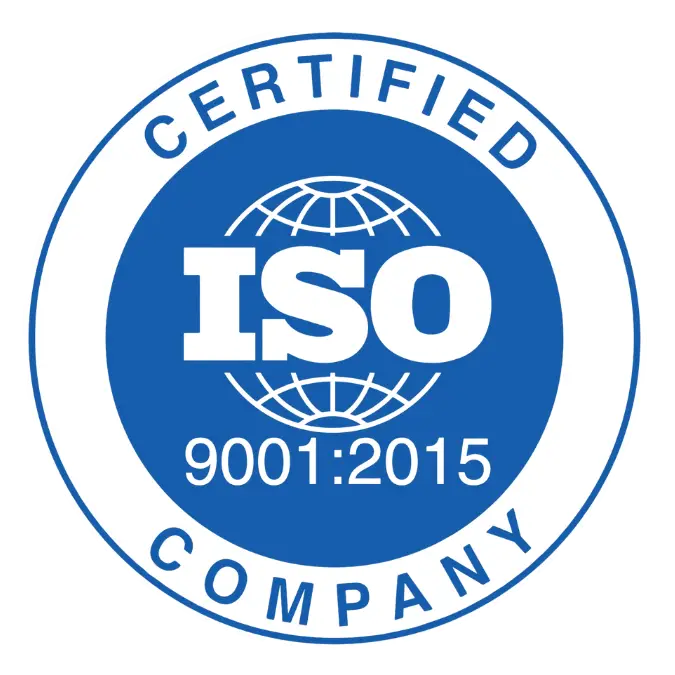Industrial catalysts optimize chemical reactions in various industries, boosting speed and efficiency. They are essential in processes like petroleum refining and pharmaceutical production. Catalysts shape the backbone of modern manufacturing.
In this blog, we will explore the role of industrial catalysts, specifying their diverse applications and the significant benefits they bring to modern industries. We will also highlight the importance of reliable catalyst testing to maintain their performance, ensuring both quality and sustainability in manufacturing processes.
What are Industrial Catalysts?
Industrial catalysts are substances that can speed up chemical reactions without being consumed in the process. They are often used in several industries such as petrochemicals, chemicals, and agrochemicals. Catalysts optimize production rates to improve the selectivity of desired products.
Catalysts have two main forms:
- Homogeneous Catalysts: Homogeneous catalysts are in the same phase as the reactants, either liquid or gas for seamless interactions. For example: The reaction of sulfuric acid with ethylene to produce ethyl sulfate (a key intermediate in chemical synthesis).
- Heterogeneous Catalysts: These catalysts are usually solid and exist in a different phase than the reactants, often enabling easier separation from the reaction mixture. Common examples include sulfuric acid synthesis and hydrogenation reactions. In these reactions, catalysts like Raney nickel are used.
The ability of catalysts to speed up reactions and reduce waste makes them crucial in achieving efficient, large-scale industrial processes.
Applications of Industrial Catalysts
Industrial catalysts are useful in many industries, as they can help the chemical processes to be more efficient and friendly to the environment. Some of the key applications of industrial catalysts are examined below:
Petroleum Refining and Petrochemical Industry
To refine crude oil into valuable products, we need to use catalysts for the optimal result. In cracking, large hydrocarbon molecules are turned into smaller products like gasoline and diesel. For this process, zeolites are often used in fluid catalytic cracking (FCC).
Converting low-octane hydrocarbons into higher-octane gasoline components requires platinum-based catalysts. In hydrocracking, heavy oils are transformed into lighter, high-value products. This process enhances diesel fuel quality.
Hydrotreating is another vital process. Here, catalysts remove sulfur and nitrogen impurities from fuels. This reduces emissions and ensures cleaner, higher-quality outputs.
Chemical Industry
Catalysts are the key to producing important materials in the chemical sector. Iron-based catalysts are used in the Haber-Bosch process to make ammonia. This is highly vital for fertilizers. Vanadium pentoxide is used in sulfuric acid production. It changes sulfur dioxide into sulfur trioxide.
Methanol synthesis uses copper-zinc-alumina catalysts to convert synthesis gas (a mixture of CO and H₂) into methanol, a key feedstock for various chemicals. Catalysts also help in oxidation reactions. These reactions produce ethylene oxide, phthalic anhydride, and nitric acid. These chemicals are essential for making plastics and other products.

Automotive Industry
In the automotive sector, harmful emissions can be reduced using catalytic converters. Platinum, palladium, and rhodium catalysts play a key role. They transform toxic gases, including carbon monoxide, nitrogen oxides, and hydrocarbons. These gases are converted into safer byproducts. This process helps minimize the environmental impact of vehicle emissions.
Pharmaceutical Industry
Catalysts are integral to drug synthesis. They ensure the high precision of the production of complex pharmaceutical compounds. Catalysts help synthesize drugs like antibiotics, antivirals, and cancer medications by speeding up reactions and controlling the pathways.
Environmental Catalysis
Industrial catalysts also contribute to environmental protection. In air pollution control, they help eliminate pollutants from industrial emissions and vehicle exhaust, significantly reducing harmful environmental impacts. In water treatment, catalysts facilitate the degradation of organic pollutants, ensuring cleaner, safer water supplies for communities worldwide.
Key Benefits of Industrial Catalysts
Industrial catalysts are indispensable to various chemical processes, providing distinct advantages that streamline operations and boost overall efficiency. These benefits go beyond mere performance enhancement, supporting cost savings and sustainability across industries.
- Increased Reaction Rates: Catalysts speed up chemical reactions, and allow processes to be completed faster. Hence, production is more efficient, enhances throughput, and boosts higher output without increasing resource use.
- Reduced Energy Consumption: By lowering the activation energy required for reactions, catalysts reduce the need for high temperatures. This also reduces excessive energy inputs and cuts energy costs. Processes become more economical and energy-efficient.
- Improved Selectivity: Catalysts optimize reaction pathways, ensuring that desired products are formed in higher yields. Therefore, unwanted byproducts are minimized to ensure the purity of the end products. It also reduces waste and resource consumption.
- Reduced Environmental Impact: Many catalysts help to lower harmful emissions by promoting cleaner reactions. In processes like refining, they reduce sulfur and nitrogen compounds, supporting environmental regulations and enhancing sustainability.
These advantages highlight why catalysts are at the core of efficient industrial operations, enhancing both productivity and sustainability.
Maximizing the performance of industrial catalysts requires expertise, precision, and advanced testing capabilities. Ledoux & Co. stands out as a trusted partner in this field, offering catalyst testing services that are highly regarded. With a legacy of over 144 years and ISO 17025 accreditation, Ledoux aims to help ensure your catalysts provide reliable and consistent results. From refining to environmental applications, our testing services are designed to support industries in working toward operational excellence. Discover Ledoux’s services.

Achieve Excellence in Catalyst Quality and Efficiency with Ledoux
Maintaining top-tier catalyst quality and efficiency is crucial for the success of any industrial operation. Ledoux & Co. leads in catalyst testing and analysis. We offer businesses the tools needed to enhance industrial catalyst processes. Our expert services help you unlock maximum efficiency, reduce costs, and boost the reliability of your systems.
With a deep understanding of industry-specific challenges, we provide customized solutions. This ensures your catalysts perform at their peak. Elevate your operations to new heights—explore how Ledoux & Co. can make a difference by visiting our website today.













